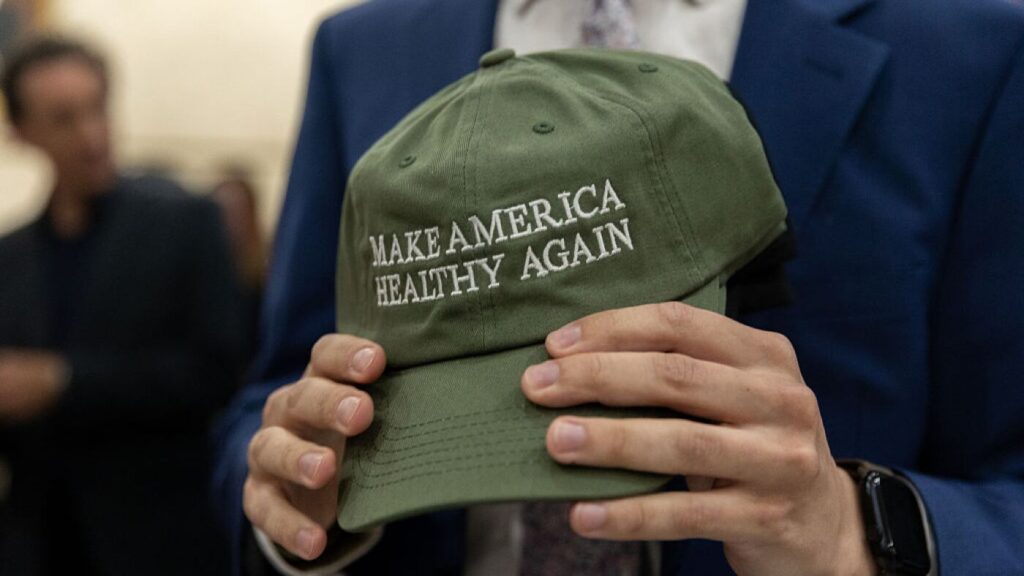The Make America Healthy Again (MAHA) agenda led by Health Secretary Robert F. Kennedy Jr. aims to eliminate toxins from the environment and food supply, focusing on human exposure to harmful chemicals. However, the Trump administration’s actions contradict these goals by cutting back on resources and regulations necessary to achieve such objectives. The administration’s moves include reducing federal funding for research on toxic substances, downsizing the workforce investigating pollutants, and weakening environmental safeguards.
Kennedy’s promotion of environmental health stands in stark contrast to the administration’s actions, leading to frustration among scientists and advocates in the field. While Kennedy emphasizes the importance of addressing toxic chemicals for public health, the administration has rolled back regulations and slashed research grants, hindering efforts to protect people from harmful substances. The disconnect between rhetoric and action has raised concerns among experts about the administration’s commitment to environmental health.
Despite Kennedy’s ambitious agenda to overhaul chemical evaluations and promote safety in the food supply, skepticism remains regarding the administration’s dedication to implementing meaningful changes. Advocates urge for concrete regulatory actions to address chemical contamination and protect public health effectively. The inconsistency between the MAHA platform and regulatory rollbacks by the EPA highlights the challenges in achieving comprehensive protection from harmful chemicals.
As scientists and advocates navigate this complex landscape, concerns persist about the administration’s commitment to prioritizing public health over industry interests. The tension between promoting environmental health and deregulatory actions poses significant challenges in ensuring a safe and healthy environment for all.

